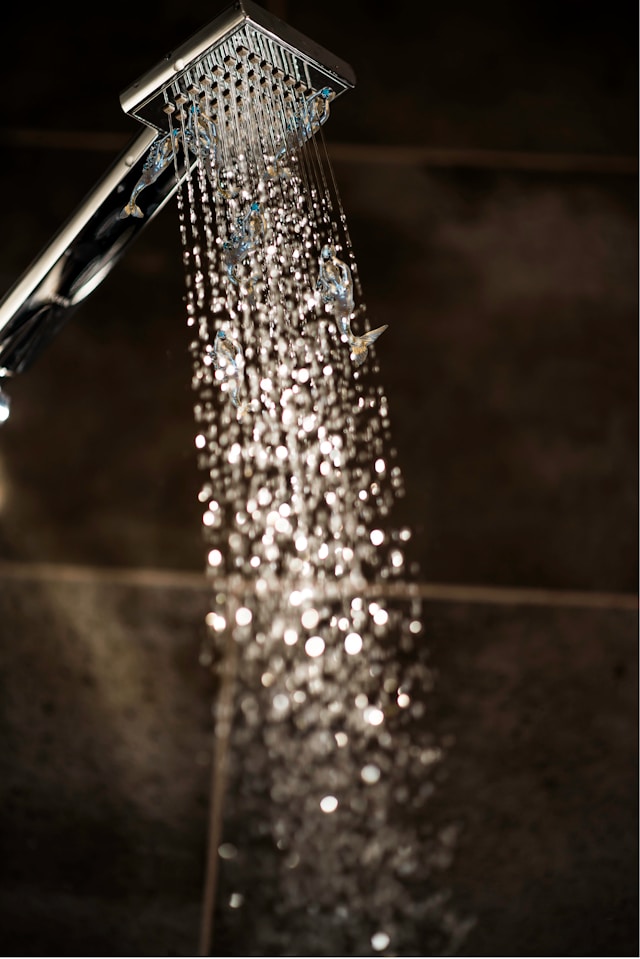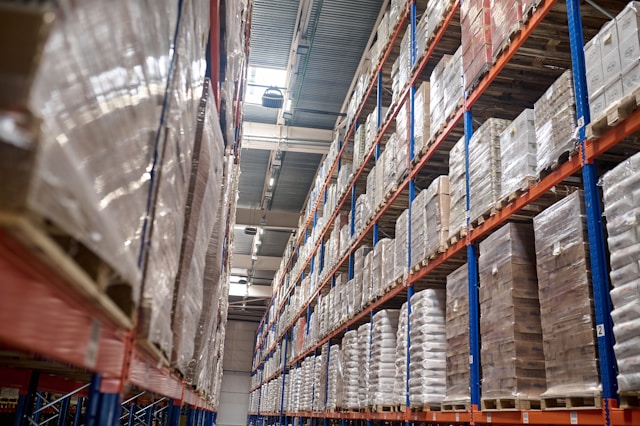Blog
The Pros and Cons of Tankless Water Heaters for Homeowners

Endless hot showers, lower utility bills, and space-saving design—tankless water heaters promise a lot. But are they truly the best choice for every household? If you’re thinking about upgrading your system, it’s worth weighing both the benefits and the drawbacks before making an investment. At Baker Mechanical Systems, we install, repair, and maintain water-heating equipment for homeowners throughout Rochester, NY. Below, we break down the key advantages and potential limitations of going tankless so you can decide whether this modern technology fits your family’s needs.
How Tankless Water Heaters Work
Traditional storage heaters keep 40–80 gallons of water hot around the clock, relying on gas or electricity to maintain a fixed temperature. By contrast, tankless—or “on-demand”—units heat water only when you open a tap. Cold water flows across a heat exchanger, rapidly reaching the set temperature before traveling to your fixtures. Because there’s no storage tank, standby heat loss is virtually eliminated, boosting overall efficiency.
The Pros of Tankless Water Heaters
1. Endless Hot Water (Within Capacity Limits)
For families who routinely run the dishwasher, laundry, and multiple showers back-to-back, the thought of never running out of hot water is appealing. As long as demand doesn’t exceed the unit’s flow-rate rating, tankless heaters deliver a continuous supply—ideal for large households or homes with soaking tubs.
2. Improved Energy Efficiency
Because tankless models heat water only when it’s needed, they avoid the standby losses associated with storing hot water. According to the U.S. Department of Energy, households that use 41 gallons or less per day can see energy savings of 24–34 percent compared with conventional tanks. Even high-demand homes may save 8–14 percent, lowering monthly utility costs.
3. Longer Service Life
A well-maintained tankless unit typically lasts 20 years or more, while storage heaters average 10–15 years. Fewer parts are in constant contact with corrosive water, reducing the likelihood of premature failure. Over the long term, the extra longevity can offset the higher up-front price tag.
4. Space Savings and Flexible Installation
Most tankless heaters mount on a wall and occupy significantly less room than bulky tanks. This frees up valuable square footage in closets, basements, or utility rooms—particularly beneficial in smaller homes, townhouses, or remodeled spaces where every inch counts.
5. Reduced Risk of Tank Leaks
Storage heaters can rupture or leak dozens of gallons if the tank corrodes. Because tankless models lack a reservoir, catastrophic leaks are far less common. While any plumbing appliance can develop a drip, the absence of a full tank minimizes water-damage risk.
6. Potential Incentives and Rebates
Municipalities and energy providers sometimes offer rebates for qualifying high-efficiency tankless installations. Taking advantage of incentives can narrow the cost gap versus traditional units, making the upgrade more affordable.
The Cons of Tankless Water Heaters
1. Higher Up-Front Cost
Tankless heaters are more expensive to purchase and often require upgraded gas lines, venting, or electrical circuits. Installation may involve rerouting plumbing or adding dedicated breakers, raising the total project budget. Although long-term savings help recoup costs, the initial expense can be a barrier for some homeowners.
2. Flow-Rate Limitations
While tankless heaters supply endless hot water, they can only heat so much at once. If multiple high-demand fixtures run simultaneously—say, two showers and the washing machine—the unit may not keep up, causing lukewarm water. Proper sizing is critical, and large households might need multiple units or a hybrid system.
3. Maintenance Requirements
Tankless systems aren’t “set it and forget it.” Mineral buildup on the heat exchanger can reduce efficiency and cause error codes. Most manufacturers recommend annual flushing (more often in areas with very hard water). Skipping maintenance can void warranties and shorten lifespan.
4. Retrofit Challenges
Converting from a storage tank to tankless isn’t always simple. Existing gas lines may lack the required BTU capacity, or venting paths may be limited. Electrical models may demand heavy-gauge wiring and dedicated circuits. A professional evaluation is essential to avoid hidden costs.
5. Delayed Hot-Water Delivery
Because water is heated on demand, there can be a brief lag—especially when fixtures are far from the unit. While storage tanks suffer the same cold-water “sandwich,” some users notice the delay more with tankless units. Recirculation pumps can mitigate the wait but add complexity and expense.
6. Up-Front Learning Curve
Tankless heaters often have digital controls, error codes, and specific maintenance steps. Homeowners must familiarize themselves with flushing procedures and consult manuals if the unit trips a sensor. Partnering with a reputable installer ensures clear guidance and ongoing support.
Is a Tankless Water Heater Right for You?
The decision hinges on household size, hot-water usage patterns, available utilities, and budget. A smaller family that values lower energy bills, space savings, and modern technology may find tankless ideal. Larger households with simultaneous high demand might require multiple units or a high-capacity commercial-grade model.
Professional Sizing and Installation Matter
Selecting the correct flow-rate and fuel type, upgrading venting, and configuring water lines demand professional expertise. Incorrect sizing can negate efficiency gains and lead to frustration. At Baker Mechanical Systems, our licensed plumbers assess your home’s demand, recommend equipment, and perform code-compliant installations that protect warranties and ensure long-term performance.
Long-Term Value and ROI
Although the up-front outlay is higher, many homeowners recover costs through energy savings, longer lifespan, and improved resale appeal. Energy-efficient upgrades often attract buyers seeking lower operating expenses, making your home more competitive on the market.
Ready to Explore Tankless Options?
Still weighing the pros and cons? Our team is here to answer your questions, evaluate your current system, and provide clear recommendations. From initial consultation to annual maintenance, we deliver trustworthy service and workmanship.
Call Baker Mechanical Systems at (585) 458-7080 or schedule a consultation online to learn whether a tankless water heater is the right fit for your home.
‹ Back








